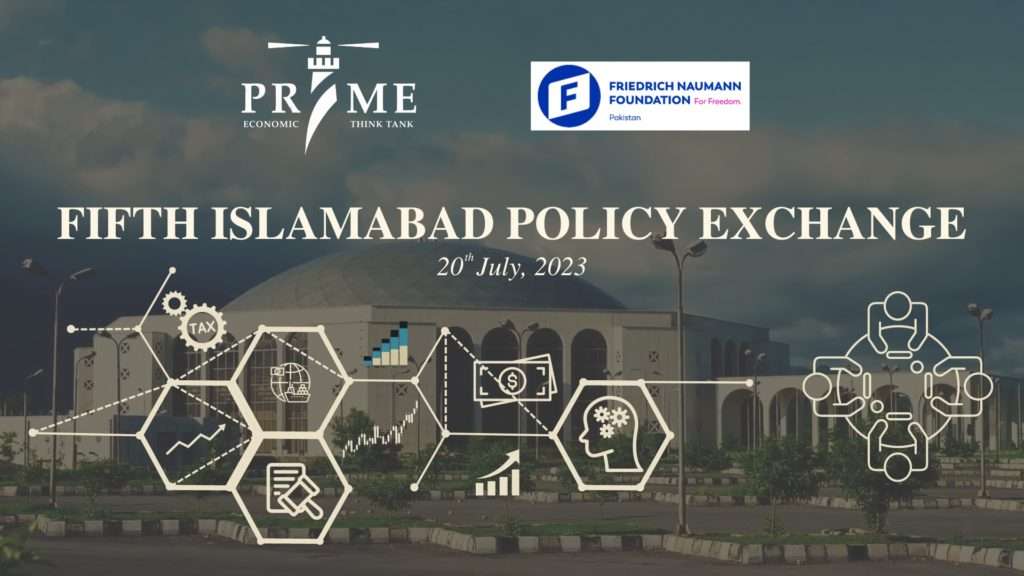
PRIME (Policy Research Institute of Market Economy) organized the 4th Islamabad Policy Exchange on 1st of June 2023. The event was attended by private sector, academia, Think tanks and Government representative.
The discussion centered on Privatization and State-Owned Enterprises (SOEs) Policy, with a particular focus on potential benefits and concerns related to privatization and state-owned enterprises. Additionally, the participants explored various perspectives on the matter, including challenges associated with state-owned enterprises, Public-Private Partnerships, historical role of PIDC (Pakistan Industrial Development Corporation) in development and the legal aspects of policy framing in this regard.
The Islamabad Policy Exchange is a forum for candid discussions for policy stakeholders, held under Chatham House rules.
During the deliberations, the esteemed participants engaged in a profound and insightful dialogue, thoroughly exploring various facets of privatization. Notable concerns were raised, encompassing weak competition, the challenge of securing expensive capital, restricted earning opportunities, inadequate regulatory oversight, and infrastructural challenges. Moreover, pertinent issues regarding Pakistan’s fiscal policy surfaced, which discourages innovation and investment due to the burden of high taxation rates and consequent decline in profits. Furthermore, the lack of clarity concerning the objective and procedural framework of privatization was thoughtfully addressed, consequently leading to reduced investor interest and minimal bidding in certain cases.
Some participants, on the other hand, presented an opposing viewpoint, arguing in favor of preserving state-owned enterprises. These supporters emphasized the potential benefits, such as the availability of low-cost capital for government use. In this context, examples from other countries were cited in which governments strategically subsidized enterprises, reaping benefits by promoting sectors such as tourism.
However, the discussions did not shy away from addressing concerns about state-owned enterprises. Notably, these concerns encompassed the financial burden on the national exchequer and the impediment posed to private investors due to limited free float shares. Moreover, bureaucratic, and governmental inefficiencies in the operation of SOEs were thoughtfully pointed out, raising pertinent questions regarding their alignment with the government's primary objective of promoting welfare as opposed to actively managing businesses.
In addition to substantive discussions, the conference meeting thoughtfully explored the legal aspects of privatization and SOEs, providing insightful references to relevant articles and amendments. To provide complete clarity on these distinct approaches, a strong emphasis was placed on distinguishing between privatization and public-private partnerships.
A historical perspective was also thoughtfully presented, providing valuable insights into the role of Pakistan Industrial Development Corporation (PIDC) in the nation's early development. This illuminating discussion emphasized the government's historical practices of establishing and then divesting enterprises.
Participants recognized the importance of bringing clarity to the objectives and procedures of privatization to address challenges associated with SOEs losses. Through transparency and informed decision-making, Pakistan can pave the way for efficient resource utilization and sustainable economic growth.

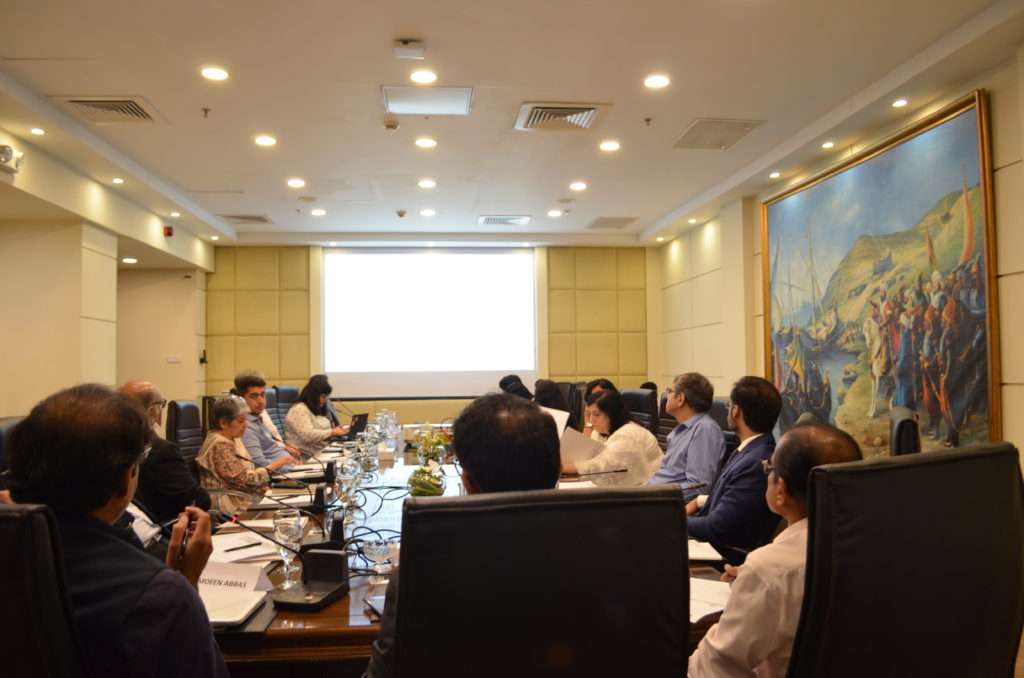
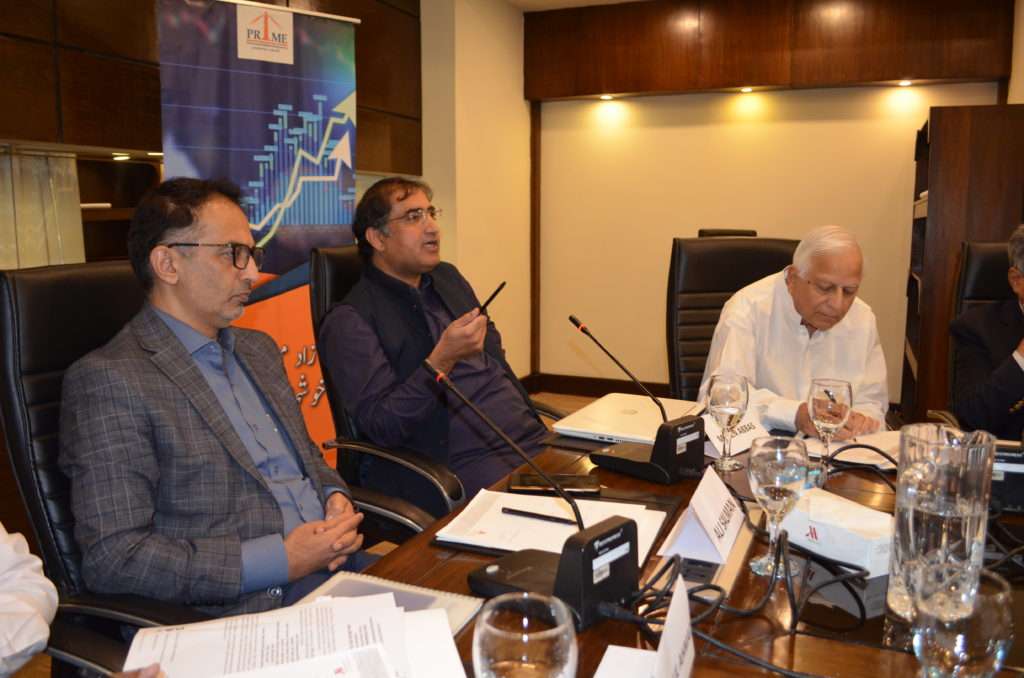
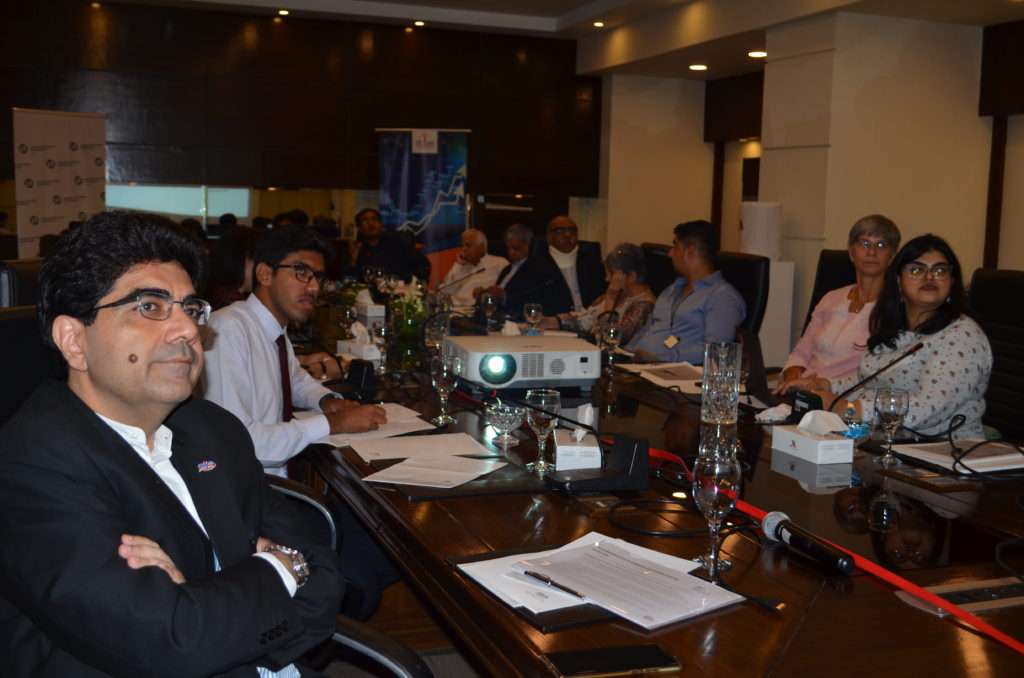
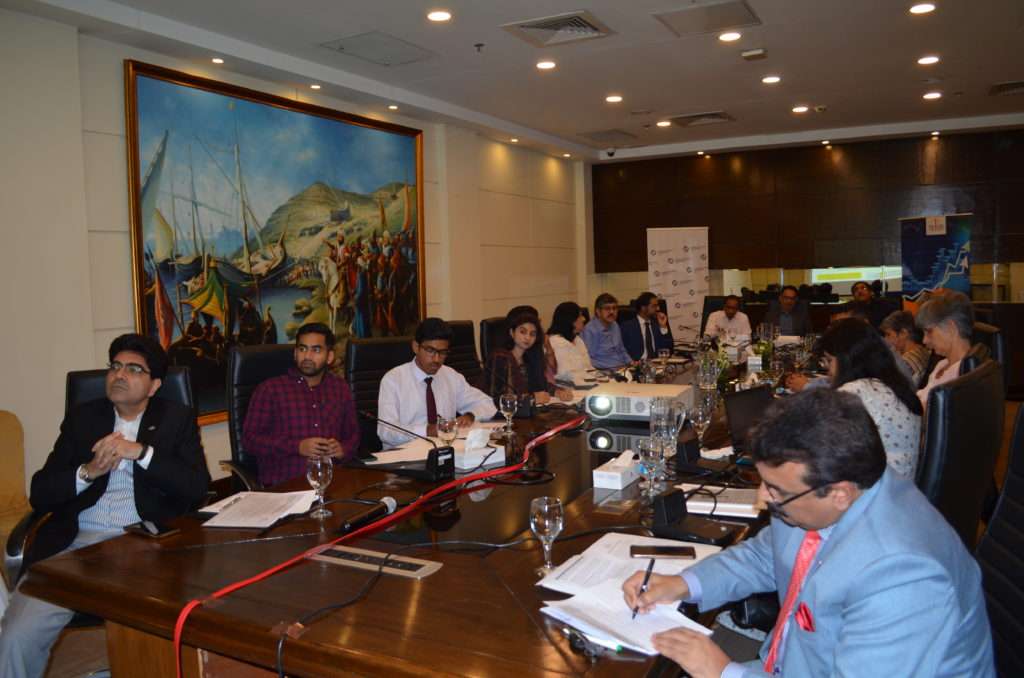
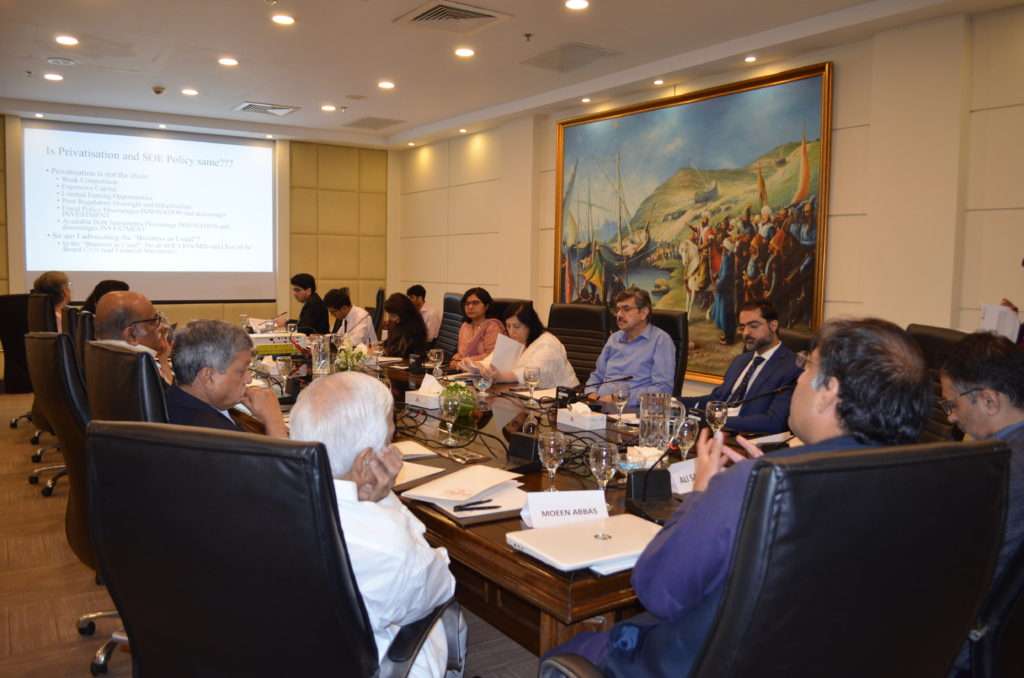
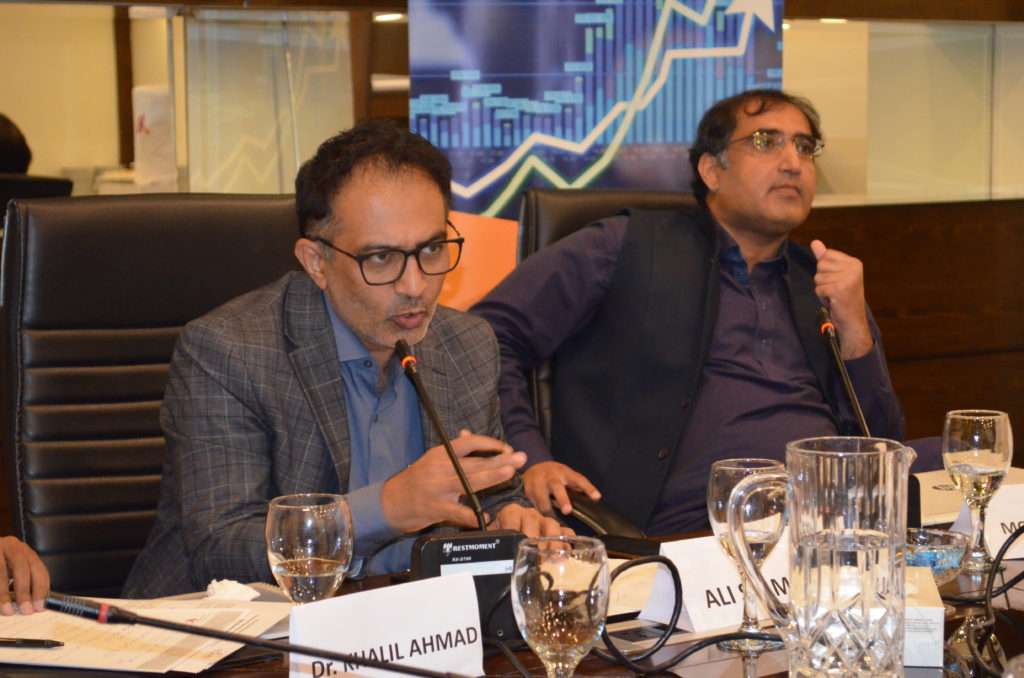
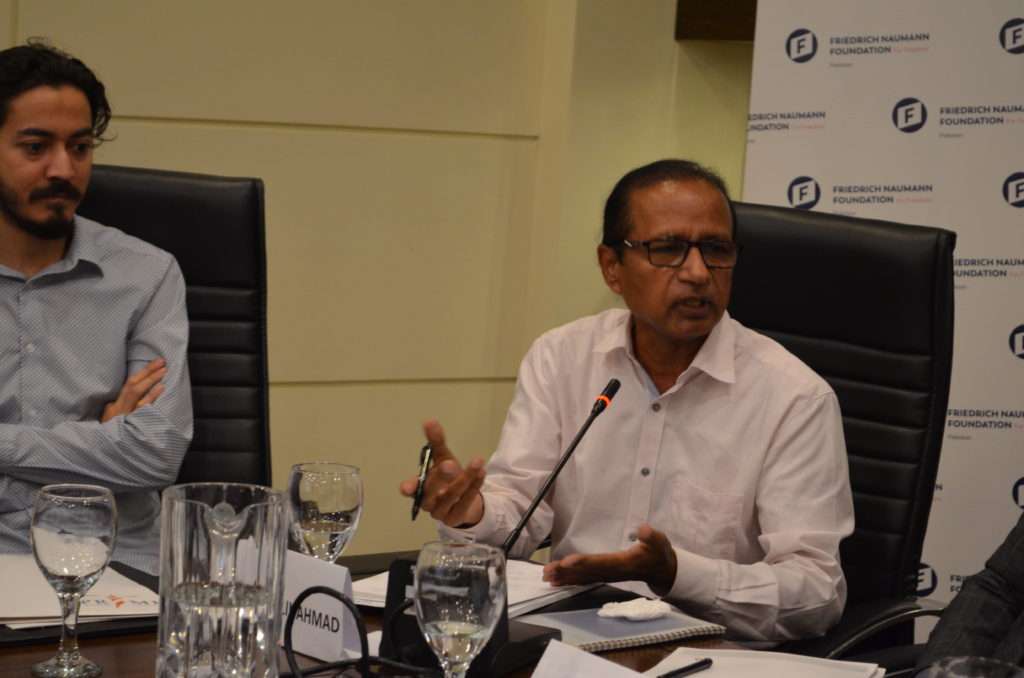
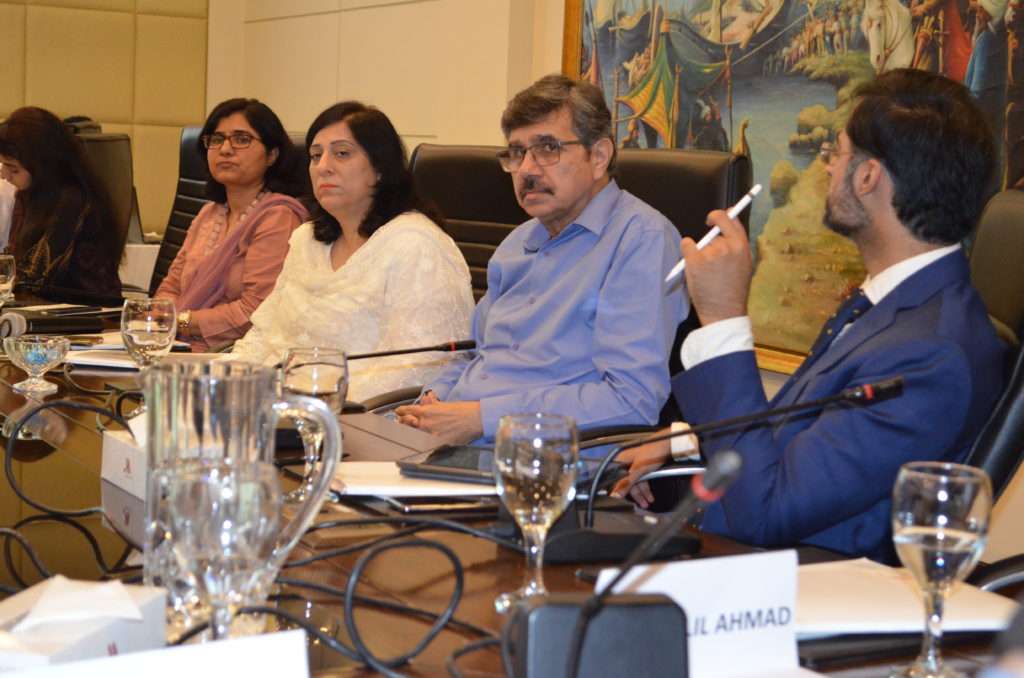

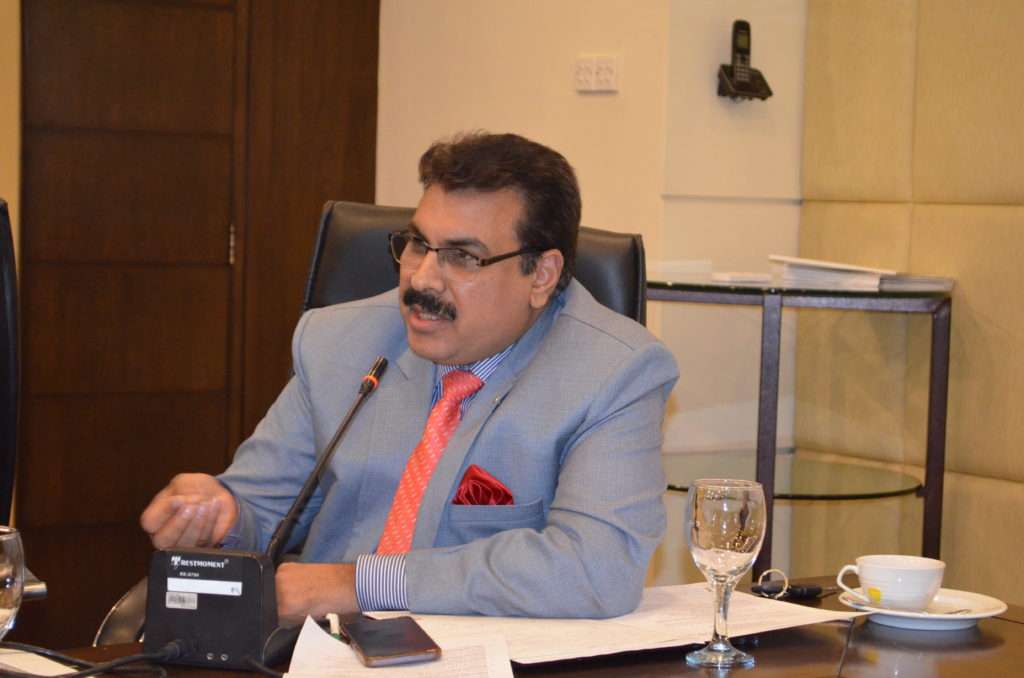
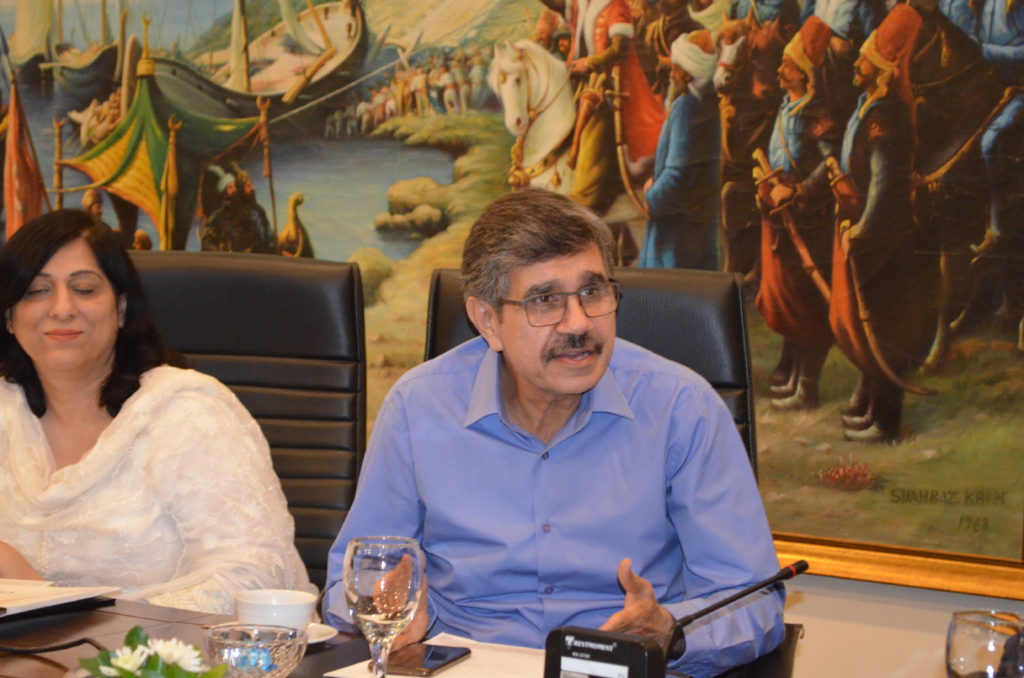
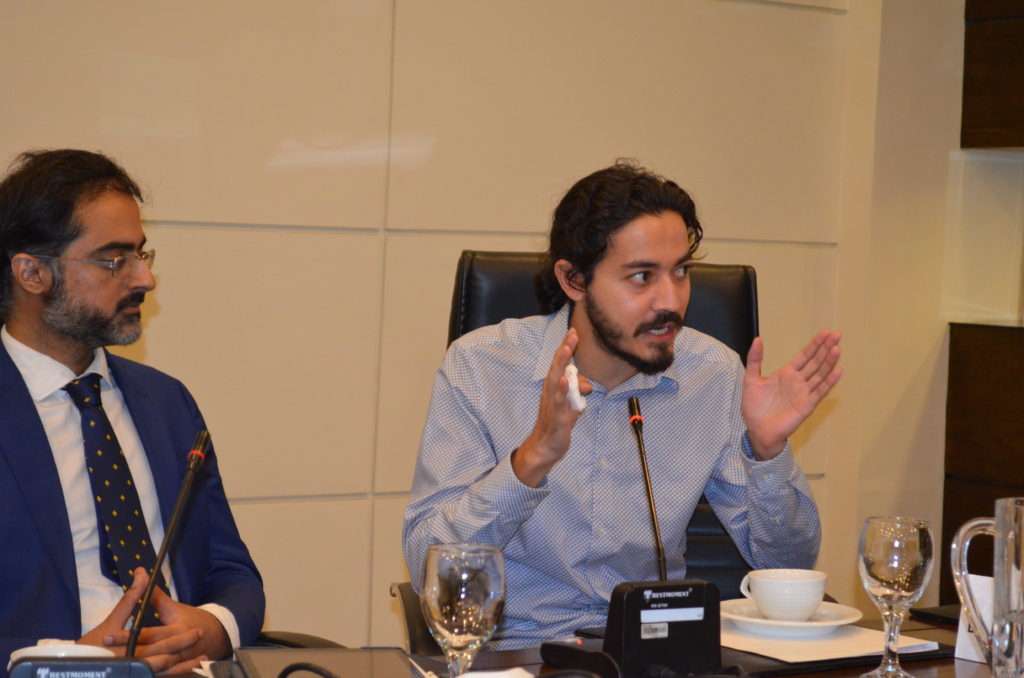

For inquiries, please contact farhan@primeinstitute.org or call at 03315226825
